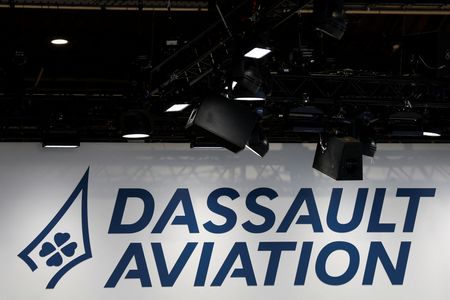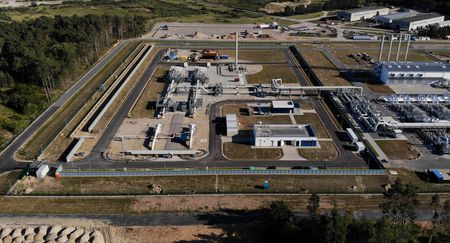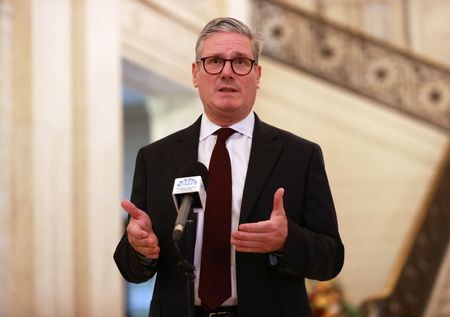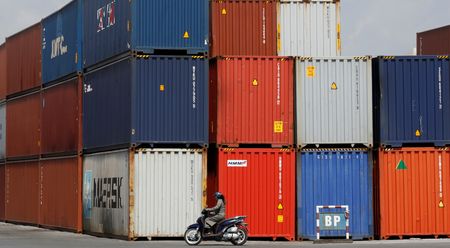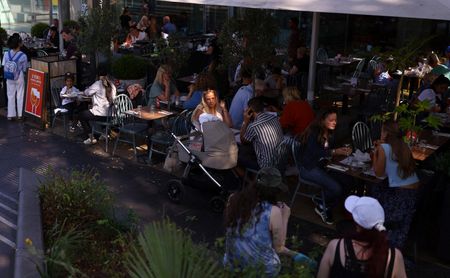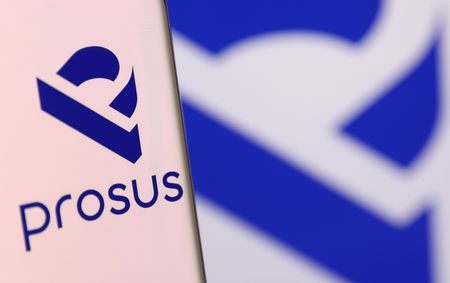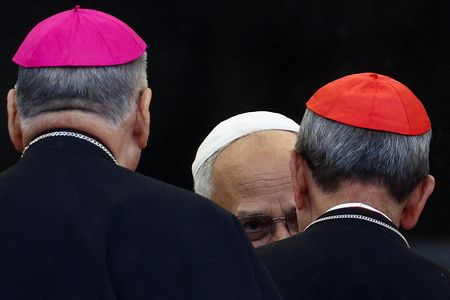By Sabine Siebold
BERLIN (Reuters) -Germany is determined not to give in to French aerospace firm Dassault’s demands for higher workshare in a project to develop a new European fighter jet and could press on without France if talks fail, a person briefed on the matter said.
German Chancellor Friedrich Merz’s office and the German defence ministry are resolved to either implement existing agreements with Paris and third partner Madrid or, if that proves impossible with Dassault, look for alternatives to develop the jet, the person said.
France, Germany and Spain are working on fighters designed to fly alongside armed drones. But the 100-billion-euro ($118 billion) project has been plagued by rifts between Dassault and Airbus, which represents both Spain and Germany.
Germany has blamed Dassault for blocking the next phase of the project, known as FCAS, which involves building an airworthy demonstrator, by demanding sole leadership.
SALVAGING COOPERATION DIFFICULT, BUT NOT RULED OUT
Dassault declined to comment. The German chancellery and the defence ministry did not immediately respond to Reuters’ requests for comment, nor did the Spanish government.
Dassault has previously denied breaking existing accords but says a three-way split in decision-making is unworkable. It says it wants clearer leadership of the core fighter segment of the project from the next phase, with Airbus running other parts of the initiative.
Merz said in July that France and Germany should stick to existing workshare agreements.
France pulled out of the German-backed Eurofighter in the 1980s to develop its own fighter jet, the Rafale. The dispute has triggered speculation that efforts to work together on a joint sixth-generation successor to the two aircraft could again fail.
Speaking on condition of anonymity, the source said the project would not end even if Airbus and Dassault part ways, noting there was no appetite to become more dependent upon procurement from the United States.
The source briefed on the matter said it was currently hard to predict if there remains a way of salvaging cooperation between Dassault and Airbus.
“It will be difficult, but I don’t rule it out,” the person said.
However, the situation now appears more complicated, the source noted, after Dassault CEO Eric Trappier said this week that the French company had the capacity to develop a new fighter jet without Germany.Bavarian Prime Minister Markus Soeder, who heads one of the parties in Germany’s coalition government, then mirrored those comments on Thursday, saying Airbus could also go it alone if the project collapsed.
Responding to Trappier’s comments, Airbus said it remained committed to the success of the FCAS project and to all agreements struck so far.
GERMANY’S ALTERNATIVES TO DASSAULT
Germany has denied reports of government-level talks with alternative partners Sweden and Britain, which is involved in a separate fighter consortium, though sources say there have been regular industry contacts.
The person familiar with the matter said Germany has several alternative options.
Tensions have grown since a prominent member of the German parliament’s defence committee last month raised the prospect of Berlin quitting FCAS and told Reuters the government must quickly reach a decision.
Dassault’s Trappier said on Wednesday he was talking with the head of Airbus’ defence business. No compromise had yet been found, he said, and any final decision on the future of the project was up to the French government.
Trappier declined to put a deadline on the talks, but German officials have said a deal must be reached by the end of the year.
(Reporting by Sabine Siebold; Editing by Tim Hepher, Ludwig Burger and Joe Bavier)

